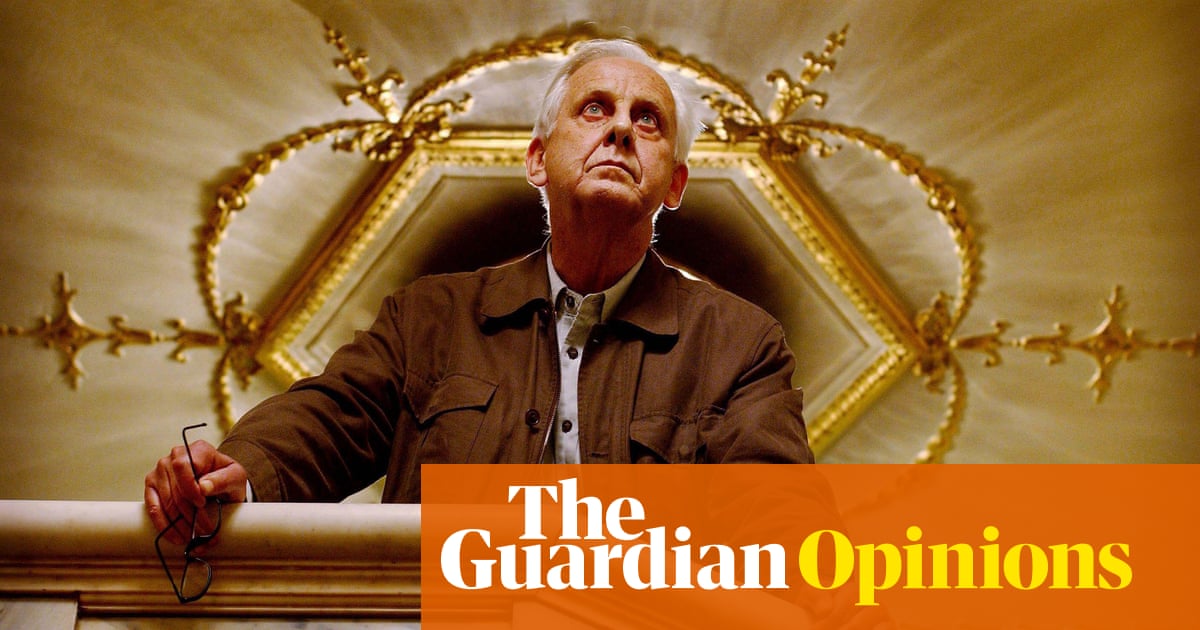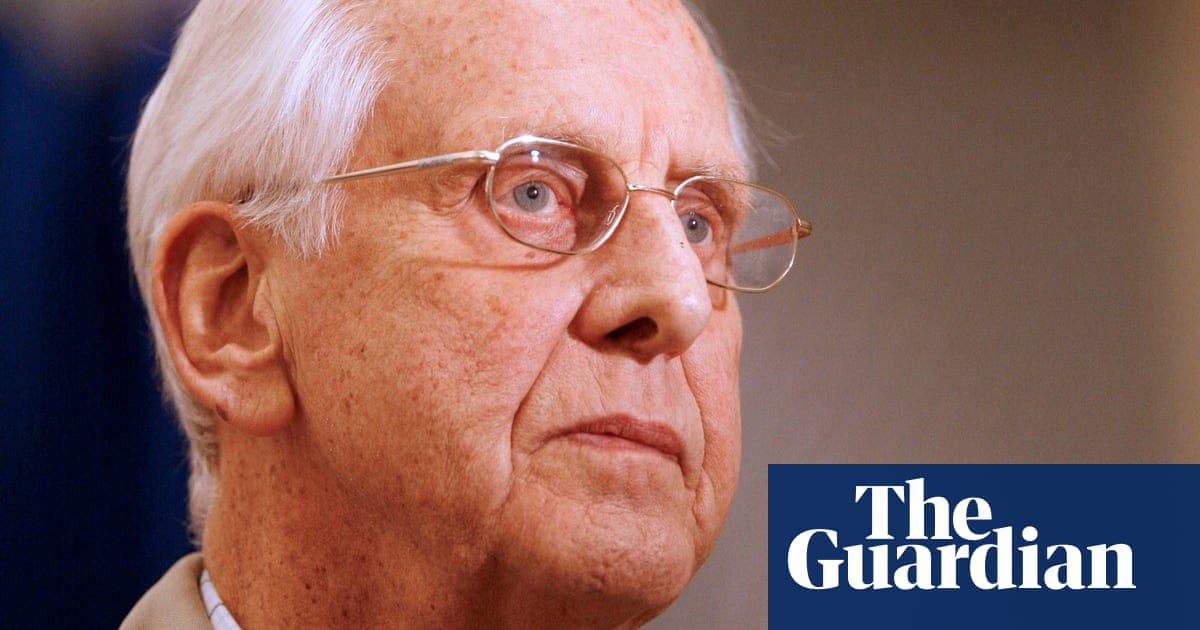
It is sadly ironic that the death of Michael Blakemore, at the age of 95, coincides with news of the appointment of the next director of the National Theatre. As a valued associate of Laurence Olivier when the National was at the Old Vic, Blakemore was regarded by many as his natural successor. In the event, the post went to Peter Hall and although Blakemore continued to work for him, the relationship soon foundered. But Blakemore remained one of the great postwar directors and proved himself, in two volumes of memoirs and a novel, to be a formidable writer.
Having briefly trained as a doctor in his native Sydney, Blakemore worked as a press agent for Robert Morley in Australia and, incidentally, tutored two of his children. On Morley’s advice he came to Britain to work as an actor and did the rounds of the regional reps. He also appeared in the 1957 tour of Peter Brook’s production of Titus Andronicus which yielded his book, Arguments With England, one of the best accounts of Olivier’s acting ever written. Blakemore later did a season at Stratford in 1959 which was the basis for a novel, Next Season, and which led to a lifelong scepticism about Hall who was then director-designate of the Avonside theatre.
Blakemore’s career really took off when he joined the Glasgow Citizens theatre in 1966 initially as an actor and then as a director. Two productions in particular revealed his brilliance. He caught precisely the right vaudevillian tone of Peter Nichols’s A Day in the Death of Joe Egg, dealing with a married couple’s use of defensive humour in coping with bringing up a disabled child, and in The Resistible Rise of Arturo Ui he not only captured Brecht’s abundant theatricality but acted as midwife to a sensational performance from Leonard Rossiter. Both productions, which transferred to London, showed Blakemore’s gift for combining meticulous detail with an empathy for actors.
Those qualities were evident in Blakemore’s early work for the National Theatre company. His production of Peter Nichols’s The National Health (1969) perfectly caught the work’s parodic use of medical soap-opera. In his celebrated production of Long Day’s Journey Into Night (1971), he showed the fissures in the family gradually emerging while capturing a granite performance from Olivier as O’Neill’s testy patriarch. Blakemore went on to do one of the best productions of a classic comedy in The Front Page (1972) and, even if disappointed not to get the top job, continued as an associate of Hall until temperamental and policy differences led to his inevitable departure.
Blakemore’s later career was marked by a close association with Michael Frayn which in 1982 produced Noises Off: a perfect response to the text in that it combined believable people with incredible mechanical ingenuity. No less remarkable was Blakemore’s understanding of Frayn’s Copenhagen (1998) which dealt with Werner Heisenberg’s mysterious visit to Niels Bohr in Denmark in 1941: what Blakemore instinctively grasped was that the actors should move like particles within an atom and that the act of theatregoing should reinforce the concepts within the play.
Blakemore’s range as a director was vast and embraced musicals, with highly successful productions of City of Angels and Kiss Me Kate, Chekhov, Ibsen, Coward and contemporary dramatists such as David Hare and Peter Shaffer as well as Frayn and Nichols. Only with Shakespeare did he come adrift with an ill-fated National Theatre Macbeth starring Anthony Hopkins and Diana Rigg. But he was a superb craftsman who saw his job as getting the best out of his actors and realising a writer’s text without imposing himself upon it. We could do with more of his kind today.












